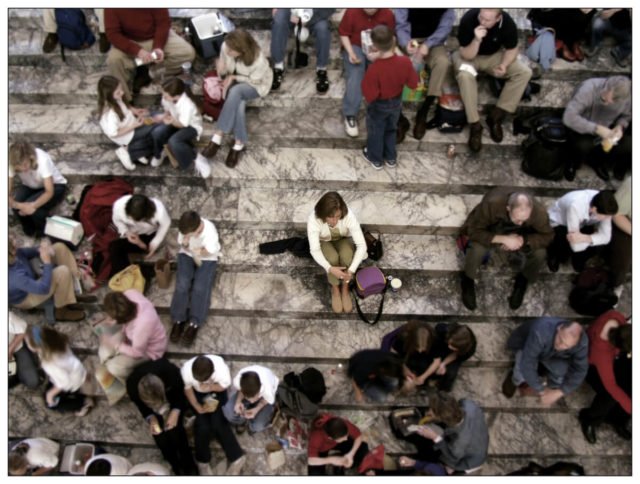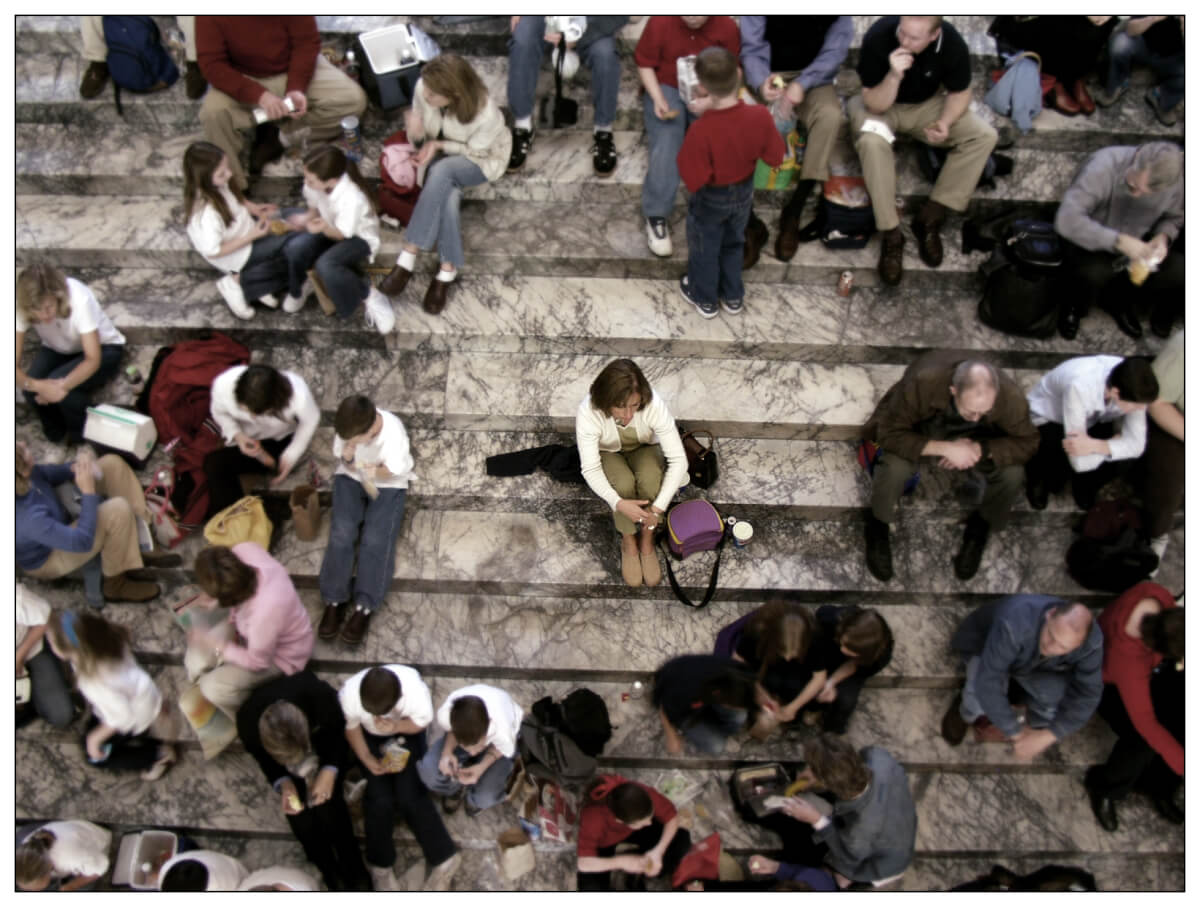I recently came across this movie called ‘House Arrest’ starring Ali Fazal, Jim Sarbh on Netflix.
While the movie itself didn’t really impress me much (have to wonder what has happened to Netflix recently) but it did introduce an interesting concept to me.
That of self-imposed house confinement, which has earlier been dabbled in other Bollywood movies but is usually associated with some phobia like agoraphobia, etc. Essentially where a person is extremely unwilling to step outside in public or out of their house.
Fazal’s character is also unwilling to step out of his house but it is not exactly due to a disorder, just simply because he is wary of the world.
This is actually rising in the current generation with urban loneliness becoming quite common and the Japanese even have a phenomenon called ‘hikikomori’.

What Is Hikikomori?
Hikikomori is a Japanese term where adolescents and adults, usually consisting of men of the country are beginning to turn into extremely reclusive people and as per Wikipedia, “withdraw from society and seek extreme degrees of isolation and confinement.”
The people itself are called as the hikikomori and act like hermits or loners, choosing to live inside their house for days on end without stepping out. Usually they only come out during the night to buy their groceries and other necessities or any work that they might have that cannot be completed from their house.
According to reports, around half a million Japanese youths and middle-aged people are becoming a hikikomori.
A report by National Geographic pointed out how the Japanese government in 2016 revealed that there are around 540,000 hikikomori aged between 15 to 39. This is just an estimated number since many choose to stay hidden and thus surveys or studies are not even aware of their existence.
These are usually Japanese men who rely on their parents for their needs to be met and haven’t participated in society for more than a year.
The hikikomori can be a condition where people do not leave their house, are not working and isolate themselves in every manner and form.
As per Tamaki Saitō, a psychiatrist this condition can be “a state that has become a problem by the late twenties, that involves cooping oneself up in one’s own home and not participating in society for six months or longer, but that does not seem to have another psychological problem as its principal source.”
However, there is no such psychological reason for why people choose to become a hikikomori although they can over time feel distress and angst.

Read More: We Live In An Age Where Millennials Prefer To Walk Away Rather Than Resolve Issues
Why Do People Become This Way?
Some reports have stated that this type of a withdrawal can start slowly where the person is often unhappy, shy, doesn’t talk a lot and gradually start to move away from society.
As for why millennials especially are experiencing this type of phenomenon, well there can be a number of reasons like:
#1. Internet and social media allow one to communicate with people without having to step out of their house. In today’s age, with HD video calls and more, one can get their bare minimum of social interaction if they want to from their bed itself.
#2. Apps and technology has allowed it to become extremely easy to get anything and everything right at one’s doorstep.
From food to clothes, gadgets, groceries and now there are even apps that provide other services like haircuts, spa, electrical and household services and more without one having to take one step out of their house.
#3. Technology has really allowed people to meet all their needs while sitting at home and not having to go out for anything.
This even exists in India with some people already noticing how Indian millennials are moving towards this type of lifestyle.
A Quora answer by Priyanshu Kumar has stated that,
“I’ll talk about India. Just like Japanese culture, Indian culture also has the concept of honor and shame. In India, parents have a lot of expectations from their children studying in universities or doing jobs. But when they are not able to live up to their expectations, some of them withdraw from society for limited period of time, say upto 5 years.
It is not as extreme as in Japan where cases have been seen of almost no human contact for more than decades, but it is a growing concern.”
With the Indian economic state, it is even more apparent as to why Indian millennial men might be experiencing this.
Shortage of jobs, rising prices of almost everything and extreme competition are things that can lead one to think of their social failures. Adding on to this the family concept of the country where children stay with their parents for almost their entire life, just makes the situation worse.
Image Credits: Google Images
Sources: National Geographic, BBC
Find the blogger @chirali_08


































